Ireland has an abysmal record in renewable heat. In 2021, the share of renewable energy in the heat sector stood at 6.8%, compared to the EU average of 22%. A new renewable energy obligation scheme is set to be introduced in 2024 which is designed to address this.
However, one of Ireland’s key renewable heat schemes remains open for farmers to apply to and there is potentially a lot of money available.
The support scheme for renewable heat (SSRH) provides grants of up to 30% for farmers to install heat pumps on their farms. The scheme also provides ongoing tariffs for farmers who install a biomass or biogas boiler or combined heat and power plant. This tariff is paid to farmers for the next 15 years, although the tariff rate does decline with use.
Budget
It is believed the budget for the scheme is around €300m and as of the end of November, 98 businesses had secured grant aid. According to the administrators of the scheme, the Sustainable Energy Authority of Ireland (SEAI), the successful applicants included 54 farms, 12 care homes, 11 in the wider industry, 10 hotels, 4 leisure centres and 7 other businesses (education, office, retail, etc).
The total committed funding so far comes to around €35.6m over 15 years which equates to around €2.4m per year. Around €640,000 has been paid in direct (single payment) grants.
SEAI estimates that, once fully operational, the move to renewable bioenergy heating in these 98 businesses will result in an annual reduction of 26,000t in CO2 emissions.
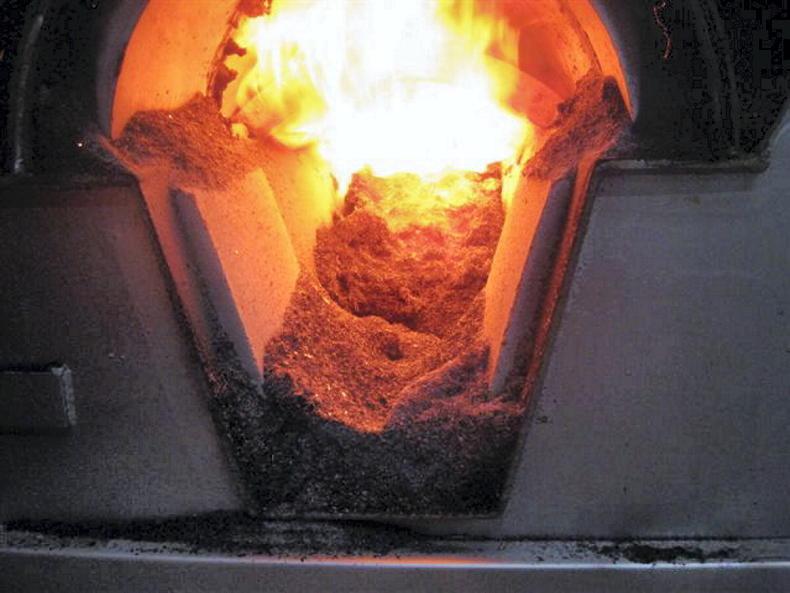
The heat sector remains one of the most difficult to decarbonise.
The offers made to the 54 applicants in the agriculture sector amount to €21.8m over 15 years, which equates to €1.45m per year. Of those which secured 15-year tariff support, 26 were poultry (€11.4m), 10 were in the pig sector (€2.9m), 15 were mushroom producers (€6.3m) and two in the horticultural sector (€1.18m). One horticultural business received a one-off grant of €153,000.
Ireland has an abysmal record in renewable heat. In 2021, the share of renewable energy in the heat sector stood at 6.8%, compared to the EU average of 22%. A new renewable energy obligation scheme is set to be introduced in 2024 which is designed to address this.
However, one of Ireland’s key renewable heat schemes remains open for farmers to apply to and there is potentially a lot of money available.
The support scheme for renewable heat (SSRH) provides grants of up to 30% for farmers to install heat pumps on their farms. The scheme also provides ongoing tariffs for farmers who install a biomass or biogas boiler or combined heat and power plant. This tariff is paid to farmers for the next 15 years, although the tariff rate does decline with use.
Budget
It is believed the budget for the scheme is around €300m and as of the end of November, 98 businesses had secured grant aid. According to the administrators of the scheme, the Sustainable Energy Authority of Ireland (SEAI), the successful applicants included 54 farms, 12 care homes, 11 in the wider industry, 10 hotels, 4 leisure centres and 7 other businesses (education, office, retail, etc).
The total committed funding so far comes to around €35.6m over 15 years which equates to around €2.4m per year. Around €640,000 has been paid in direct (single payment) grants.
SEAI estimates that, once fully operational, the move to renewable bioenergy heating in these 98 businesses will result in an annual reduction of 26,000t in CO2 emissions.

The heat sector remains one of the most difficult to decarbonise.
The offers made to the 54 applicants in the agriculture sector amount to €21.8m over 15 years, which equates to €1.45m per year. Of those which secured 15-year tariff support, 26 were poultry (€11.4m), 10 were in the pig sector (€2.9m), 15 were mushroom producers (€6.3m) and two in the horticultural sector (€1.18m). One horticultural business received a one-off grant of €153,000.




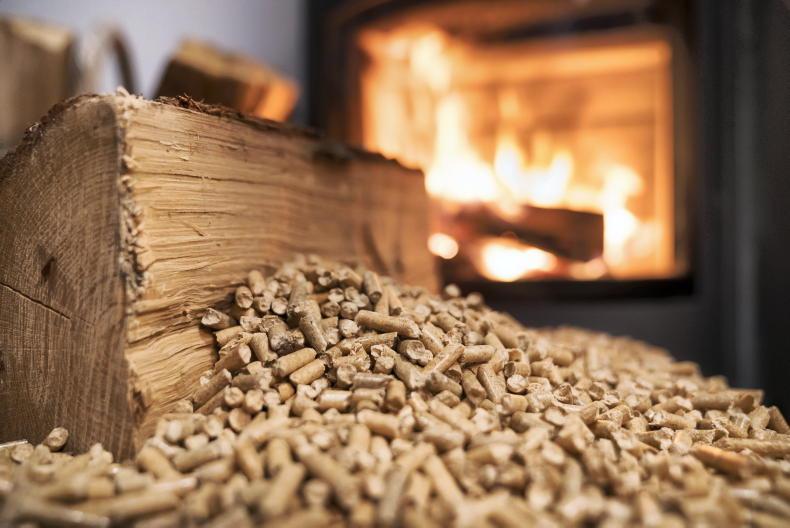
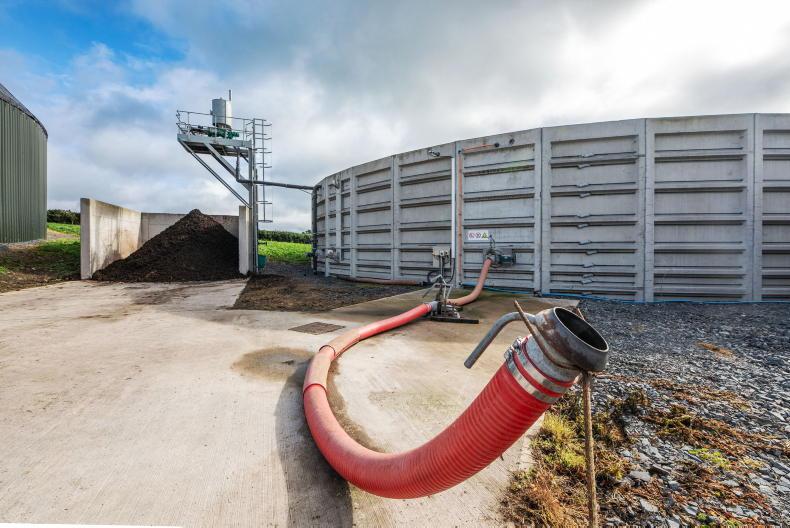

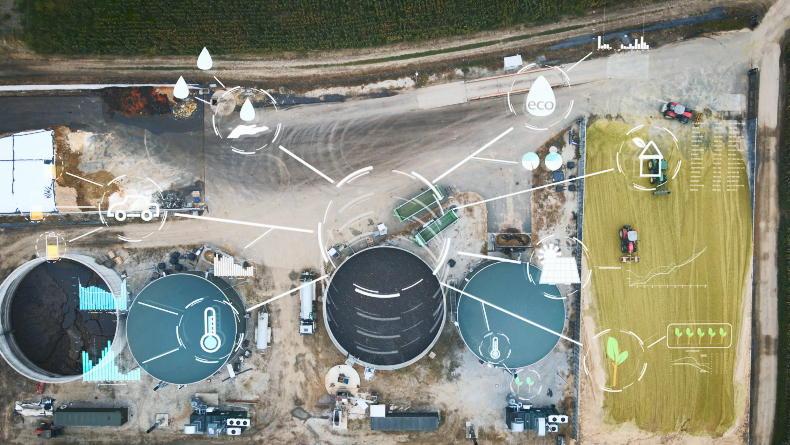
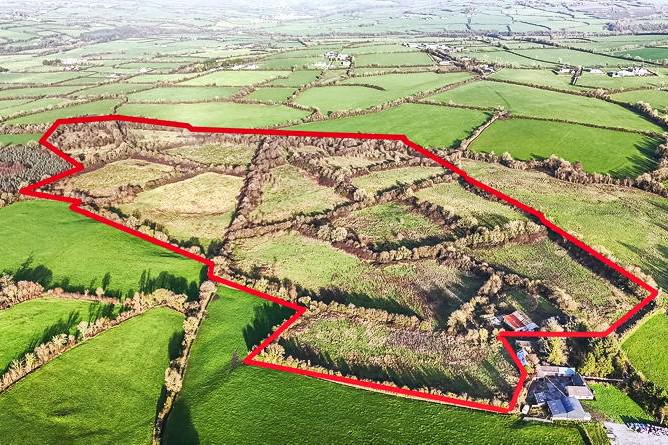
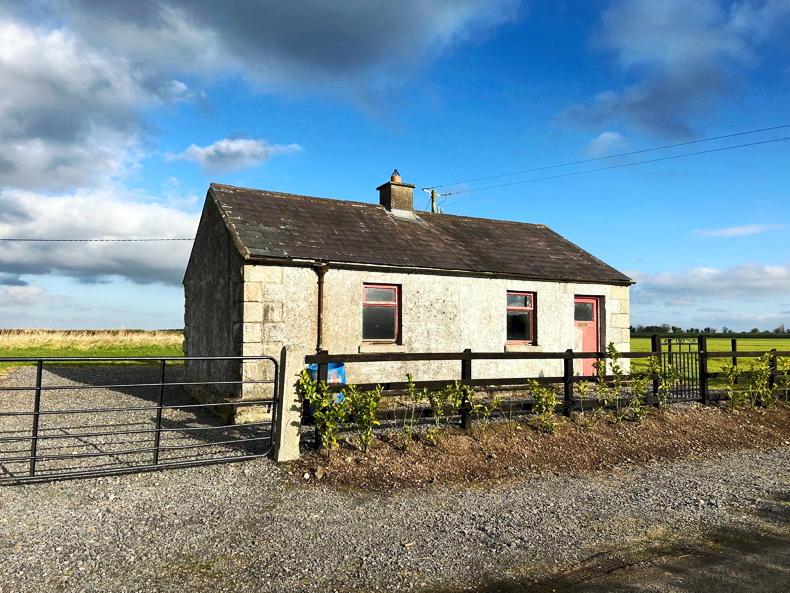
SHARING OPTIONS